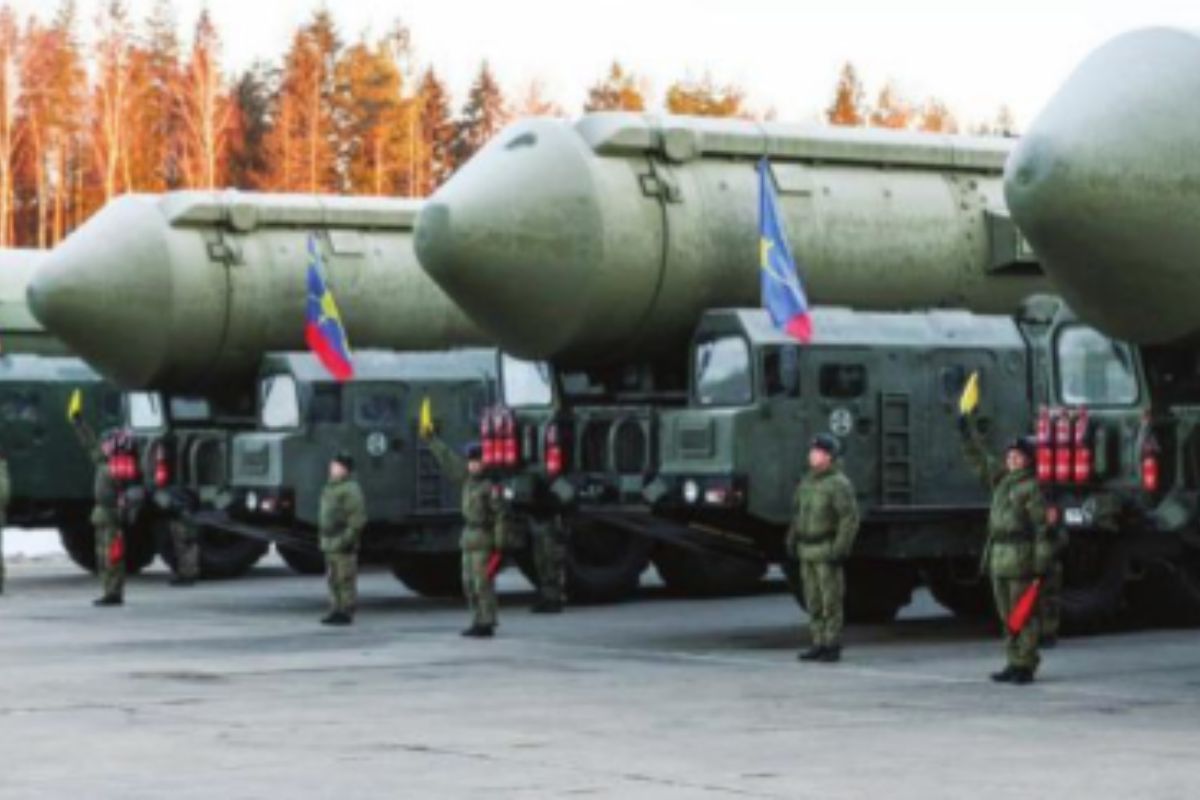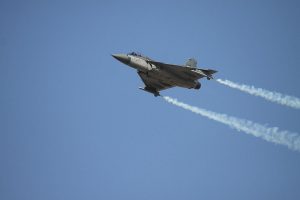The world has seldom seen such serious dangers to peace as have erupted in the last two years or so. First, there was the Ukraine conflict which has already claimed several hundred thousand human lives in less than two years, while perhaps about ten million have been uprooted and displaced. In addition, the Ukraine conflict has all along carried serious risk of further escalation, including the possibility of a direct confrontation between USA/NATO and Russia, the two sides possessing over 90 per cent of the world’s total arsenal of nearly 13,000 nuclear weapons.
While hardly any progress has been made in resolving the Ukraine conflict, another very serious conflict having wider regional and world implications has erupted in the volatile Middle-East region. While the Hamas attack on parts of Israel on October 7 which claimed about 1400 human lives was wrong, Israel’s disproportionate response, which has already claimed about 9,000 human lives and has threatened several hundred thousand people in very serious ways, has been just as wrong. Here too there is the additional risk of further escalation and regional spread.
In addition of course there are dozens of other serious conflicts in various parts of the world which are showing signs of worsening and of serious costs in terms of tragic humanitarian crisis situations. Some of these countries or regions are already suffering from very high levels of poverty and hunger.
To give just one example, substantial parts of the Horn of Africa region have suffered simultaneously in recent years from adverse weather situations related at least partly to climate change and worsening conflicts. The situation in parts of Ethiopia and Somalia is very serious. This can also be said about other neighboring countries like Sudan, and even Libya which had known high levels of prosperity and human development indicators earlier in the 21st century. In some of these countries like Ethiopia, conflict is not just very costly in itself but in addition the risks for people increase manifold because it becomes difficult to send food and essential food supplies to conflict zones where people may die as much due to lack of food as due to bullets or bombs.
In fact the two main conflicts of Palestine-Israel and Russia-Ukraine may be further fuelling these and other conflicts in indirect ways. Apprehensions have been expressed that several of the deadly weapons being sent to Ukraine by several Western countries or their close allies are finding their way to the black markets for weapons, due to poor monitoring and corruption. Thus the lucrative weapons trafficking is flush with additional supply of dangerous and highcost weapons which provide bigger margins and profits to those involved in weapons trafficking and smuggling.
With more deadly weapons reaching conflict zones, the destruction caused by these weapons is likely to increase. In addition, fears have been expressed that the destruction inflicted by the Hamas attack within a day on October 7 could embolden other forces of committing violence in similar ways in already volatile areas like the Horn of Africa.
Yet another serious concern relates to the military-industrial complex of some of the richest countries of the world. What has been happening in recent times has confirmed some of the visionary and serious warnings voiced by former US Presidents Dwight D Eisenhower and John F Kennedy many decades back. As foreseen by these visionary leaders, the biggest weapon and ammunition companies of the world and military contractors, helped by ‘think-tanks’ supported by them, have themselves become very influential promoters of aggressive foreign and security policies and doctrines which result in never-ending wars and proxy wars.
The forces of the military industrial complex establish close contacts with politicians of leading political parties and give vast funds for election campaigns. Hence their role becomes more important in election years, such as the forthcoming American presidential election.
Hence not only is the present world in the middle of two very serious conflicts with possibility of escalation, as well as several lesser conflicts which too can be very costly in humanitarian terms, the various forces which favour more wars and proxy wars are also getting stronger. In such a situation, the positive role of the UN can provide a boost to peace prospects. Unfortunately, the UN has not been able to exploit the potential of peace efforts, but nevertheless creative possibilities for this should continue to be explored.
Apart from what the UN can do on its own, it can, along with various agencies, play a helpful role in creating a global peace movement of people who are sincerely committed to world peace. Ultimately, peace at the world level will be very important not only in itself but also as a precondition for the kind of international cooperation that is needed for resolving the most important environmental problems that threaten to disrupt the basic life-nurturing conditions of our planet.
Either we must move towards peace and a no-wars future or else the future of humanity and of most lifeforms on our planet is doomed.












